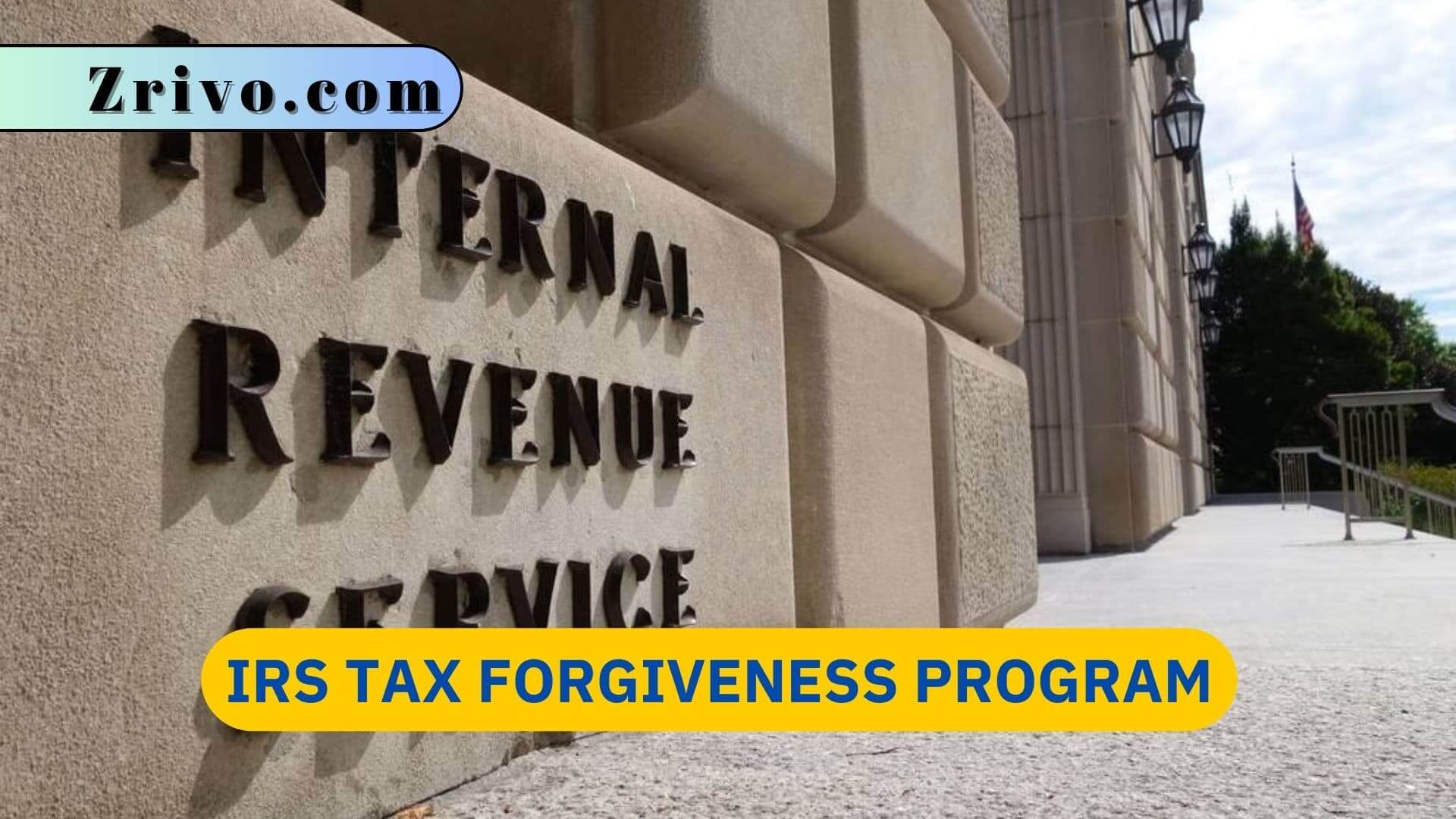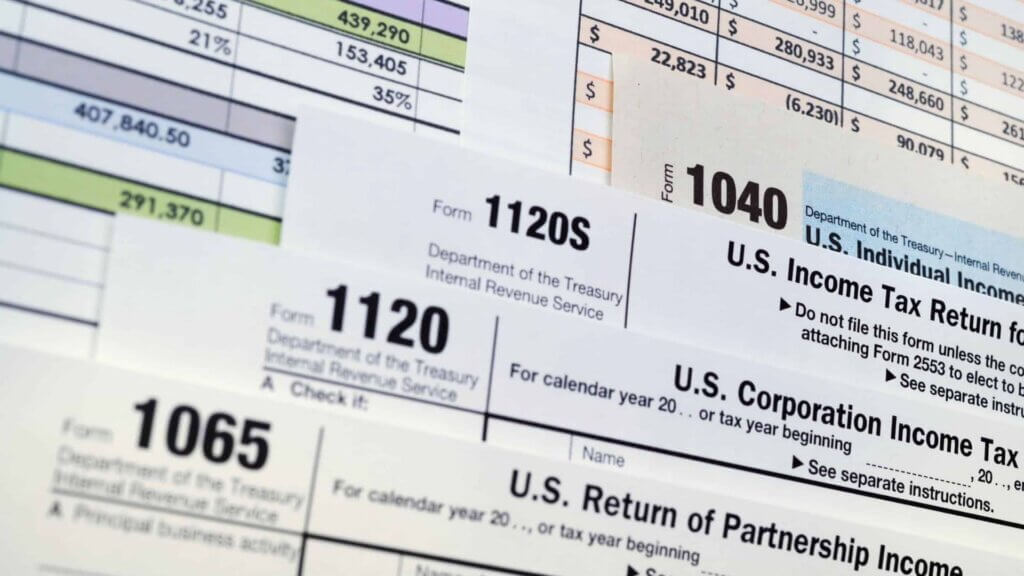
An IRS tax forgiveness program can help taxpayers manage their back tax debt. These include installment agreements, offers in compromise, and currently not collectible status. Each program has different requirements and stipulations that must be met to qualify. It is important to speak with a tax professional who can evaluate your individual financial situation and help you choose the best program for your needs. The IRS can forgive your back taxes if they determine that collecting your debt would cause you or your family undue hardship. They look at your current financial state to make this determination, including your monthly income and expenses. You can also request that the IRS flag your account as “not collectible,” meaning they can’t attempt to levy or garnish any of your assets or property.
However, if you are approved for forgiveness, it will count as taxable income in the future. You should speak with a tax professional to determine how this will impact your situation and how you can plan accordingly for the future. While the IRS is not guaranteed to grant you debt forgiveness, they do try to work with individuals when possible. If you can prove that attempting to pay your debt will cause you undue hardship, they may be willing to negotiate with you.

How Do You Qualify for Tax Forgiveness?
Whether or not you qualify for a 2023 debt forgiveness program depends on your unique situation and circumstances. To get started, assess your eligibility by filing all past tax returns and making timely payments. Then, prepare and submit your application package on time and accurately. The IRS will then review your application and contact you if they need any additional information or documents.
A successful application will result in reduced penalties and interest payments, an improved credit score, and an overall lower debt burden. However, it’s important to understand that the IRS will not extend these relief options to everyone. They will only consider offering you a debt forgiveness program if you can demonstrate that you are experiencing extreme financial hardship.
If you owe back taxes to the IRS, many options are available to help reduce or eliminate your tax debt. The first step is to speak with an experienced tax attorney who can help you understand your options and determine your eligibility for forgiveness. A few key criteria must be met to qualify for back tax forgiveness. These include:
The most common way to reduce your tax debt is through an Offer in Compromise (OIC). This is a complicated process that requires full disclosure of your income and expenses, as well as mitigating circumstances. The IRS will review your application and make a decision on whether to accept or reject your OIC. If accepted, your tax debt will be reduced to the amount that you can afford to pay.
Another option for reducing your tax debt is to file for Currently Non-Collectible Status (CNC). This is a status that allows the IRS to stop attempting collection on your account if you can prove that your disposable income has dropped to the point where payment would be a financial hardship for you. This is a great option for those who are unable to afford any payment plan but do not want to go bankrupt.
If you are struggling with back tax debt, don’t hesitate to contact Solvable for assistance. Our experts can help you understand your options and choose the best solution. We provide IRS and state tax representation to individuals and businesses in Norwalk, Santa Fe Springs, Downey, Pico Rivera, Montebello, Hacienda Heights, and throughout Southern California.

Tax Forgiveness Program for Seniors
A property tax forgiveness program for seniors is a state-funded program designed to offset an increase in the real estate property tax or mobile home park site fee on a senior’s primary residence. The program reimburses seniors and disabled persons who meet certain income requirements. This is a great help for seniors who are selling their homes and moving to another location or for those who have to pay higher property taxes due to new construction in the area.
The program is available in the following California counties: Alameda, El Dorado, Los Angeles, Orange, Riverside, San Bernardino, and Santa Clara. The county’s assessor can provide details about the program.
This program provides property tax relief for low-income elderly and disabled homeowners or their surviving spouses. The benefit depends on the homeowner’s income for the previous year and their financial assets. Qualifying applicants may defer their property taxes or receive an exemption from them if they are disqualified for other reasons. Deferred taxes must be paid back with interest.
The IRS also offers free basic tax return preparation and specialized assistance for seniors through VITA and TCE programs. These programs are operated by local volunteers. They are often retired individuals associated with non-profit organizations that are funded by grants from the IRS. In addition to preparing returns, the volunteers can answer questions about pensions and other retirement-related issues that are specific to seniors.